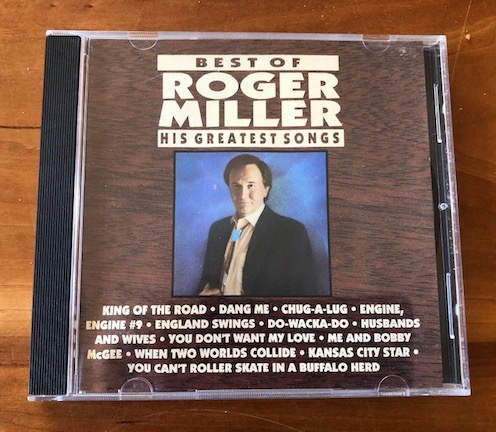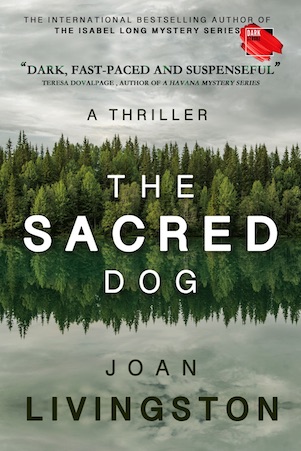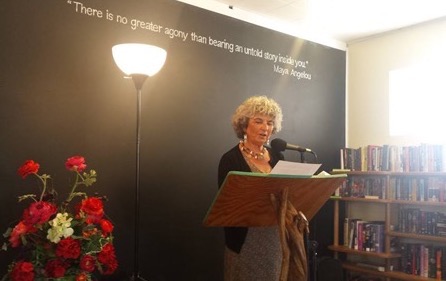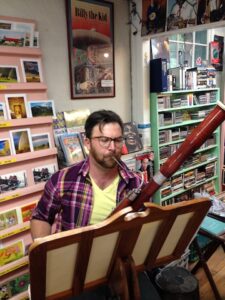Here is the second post in the series I am calling Hilltown Postcards. I write a little more about how we landed in Worthington, a hilltown in Western Massachusetts, after leaving Boston. Win and Joan Donovan, and their extended family, made us feel welcome and helped us adjust to country living. By the way, I post this on the day I begin my next hilltown book, The Unforgiving Town, a sequel to The Sacred Dog.
Our new friends, the Donovans, let us stay at their home until the place was ready. You couldn’t ask for nicer first friends. They knew everybody and everybody knew them, and it was our easy way into town to say we did, too.
Joan was old blood with a fine Worthington pedigreed, the Bartletts and Osgoods. She was town clerk for many years and her father, a selectman. Her mother worked in the post office. Her uncle was the building inspector and his wife, a teacher at the elementary school. Win moved to Worthington when he was a young boy with his parents, a brother, and a sister. He remembered sitting on the floorboards of their pickup truck all the way from Aroostook County, Northern Maine. Other Donovans came, too, including a woman who married into the Albert family, the town’s potato barons.
Win built homes but gave that up when his health suffered and he turned to natural foods and alternative medicine. Some people who had known him all his life found it hard to accept his new ideas. That was why he was so happy about our move to Worthington.
Win and Joan talked about getting along in the small town. Stop if you see someone in trouble on the side of the road. Don’t speak ill of anyone because the person you’re talking to might be related. Don’t bother the neighbors. Be honest. Respect the people who’ve been living here and welcome the new ones. When people complained too many houses were being built, Win would say, “People have to live somewhere.”
They lived by a solid code of country values. And that first week, while Joan watched our four kids and made us food, Win dropped by to check our progress and to give a hand. He worked with Hank to line the chimney with hollow clay blocks so it would be safe to burn wood. Then, he helped Hank get the pump going that drew our water from a spring-fed cistern in the cellar. It was good-tasting water and cold if you let it run for a few minutes, and we were counting on it being clean considering the dank cellar, the sort of place you made a lot of noise when you went downstairs so any critters would scatter.
After several days, we moved to the house. It was ready enough, and with four kids, ages 1 to 9, we couldn’t stay too long in somebody else’s home. We set up a line of futons in the front bedroom, a temporary sleeping arrangement until we could move into the other bedrooms. The first night the kids were too excited and needed a story to quiet down. I sat with them, telling one of my own, one of those mom stories about insects that act like people. This time it was a family of monarch butterflies, because we saw their cocoons, green with gold-like markings, clinging to leaves of milkweed in the fields behind our friends’ home. Joan put one in a jar for the kids so they could watch it hatch.
My children lay beneath the quilts I made, wearing the flannel pajamas I had sewed. Once again they were in a new home, trusting their parents were doing right for them. I set my voice on a soothing, storytelling tone. They were counting on this familiar moment. The air didn’t have the smells of our family: my cooking, bath time, saw dust on Hank’s clothes, the kids’ dirt from playing. Our furniture was spread out – the crate chairs, the steamer trunks, the book cases Hank built, his first attempt at furniture, the end table from my parents’ newlywed living room set and castoffs like the TV that barely pulled in two stations from Connecticut. The maple table Hank scored at a second-hand shop and refinished was in the dining room. The boxes were unpacked: the kitchen stuff, clothes, toys and the little things that decorate a home and make it your own. I plucked sun chokes and set them in a crock on the tabletop, something pretty to get us started.
For tonight, my story was done. They were ready to sleep. I kissed each one.
Hank sat outside on the slab stone step for the front door, smoking beneath the overhang. I was smoking then, so I joined him. A pickup truck sped around the curve in front of the house as if nothing would ever be in its way. We’d have to be careful with the kids on this road. I felt cold even with my sweater. The clear September nights pulled the heat from the ground, and earlier, before the light set, moisture from the river settled in misty clumps over the field at Charlie’s farm across the road. I marveled at the quiet, so quiet it made my ears buzz and the sky dark and heavy with stars. The lights were on at the farmhouse, its front rooms only yards from the edge of the road.
Through the trees we saw the house where other neighbors lived. He worked in social services and she was a stay-at-home mom. Our two school-aged children would catch the bus at the end of the driveway with their boys. We registered them at the school in the town’s center village, named for Russell H. Conwell, a native son who founded Temple University and other Philadelphian institutions. He was supposed to be a great orator, and his most famous speech was called Acre of Diamonds. People spoke with great reverence about Conwell, that he was a big Civil War hero who met Abraham Lincoln. But he was a bit of a fibber, I found out years later, claiming to have been with young Johnny Ring, one of the Rings of Ringville, when he was killed in a Civil War battle, and he used the boy’s sword to attack rebel soldiers. It was one of those small town legends thin on the truth but good for the telling.
The Russell H. Conwell School, covered by white wooden clapboards, had four classrooms although only three were used and grades one through four were doubled up because there were so few kids, less than fifty. The talk in town was the school might be shut and that worried folks. Once you lose a school, you never get it back. It happened in nearby towns. More than once we heard how happy people were a big family like ours moved to Worthington. Our oldest daughter was in fourth grade, taught by Joan Donovan’s aunt, Helen, a woman with a kind grandmotherly face. Our oldest son was in kindergarten.
Hank and I talked ahead. He had work with Win at least through the fall. After that he didn’t know. It might be tight for a while. We expected that, but I knew it worried him despite what he or I ever said. One big bill, someone getting sick or the car breaking down, and we’d be in trouble. We didn’t have a credit card to fall back on in an emergency. It would take a lot for us to ask our families for help. We had four kids who depended on us, and the fact that we uprooted them once again to a rural town without any guarantee we’d have enough money to take care of them might seem careless or thoughtless. But I couldn’t shake the belief this move was for the better. Here would be our family’s best chance to own a home finally. Perhaps we could buy a fixer-upper or a piece of land to build.
We had learned it takes three years to get established. The first year, you learn your way around. The second, you recover financially. The third, you get ahead. But we never made it that far. We kept looking for some place that would hold our attention. I hoped this time we’d stay.
FICTION: The fictional hilltowns is the inspired setting for most of my adult novels, including the Isabel Long Mystery Series, The Sweet Spot, The Sacred Dog, and my most recent, Northern Comfort.





